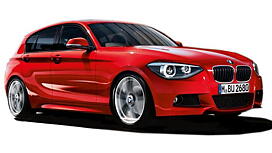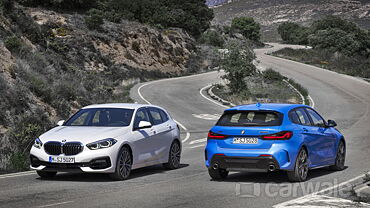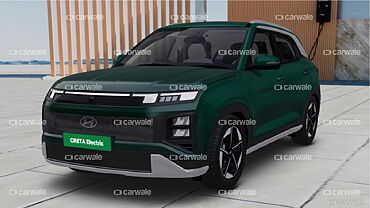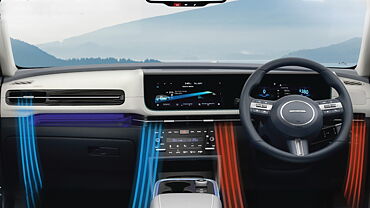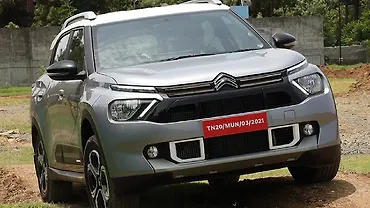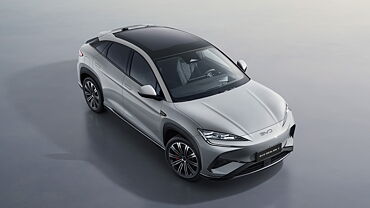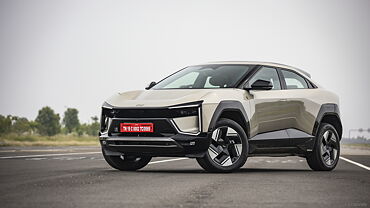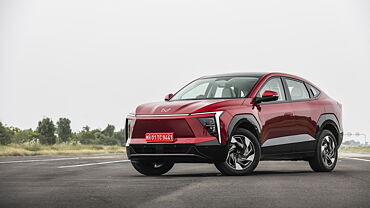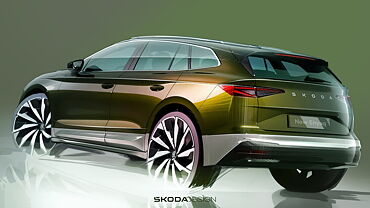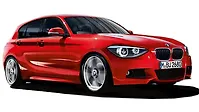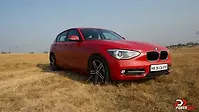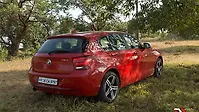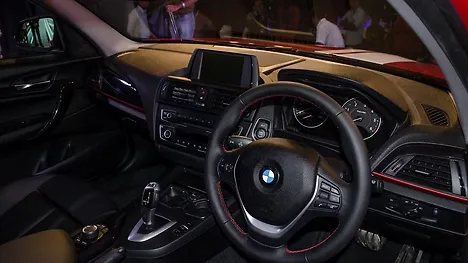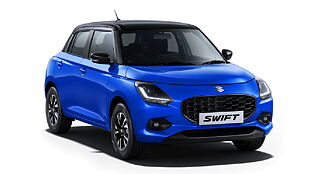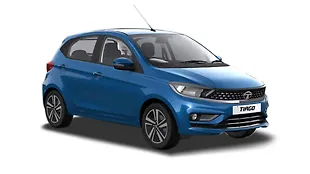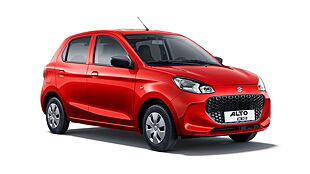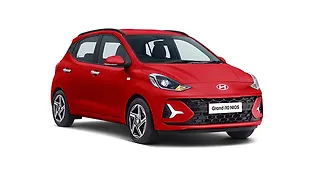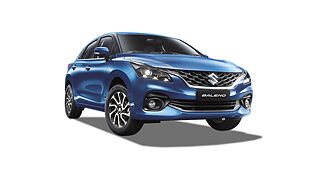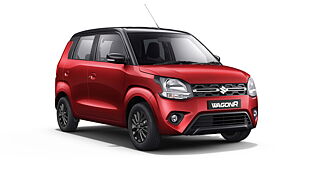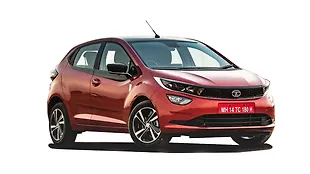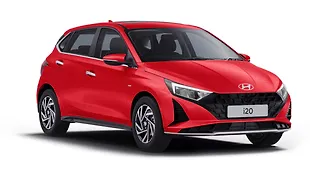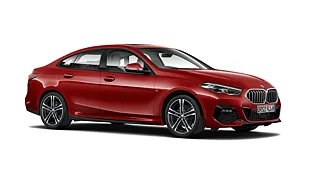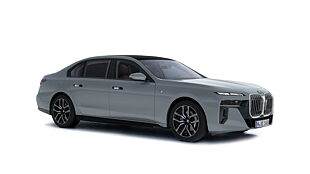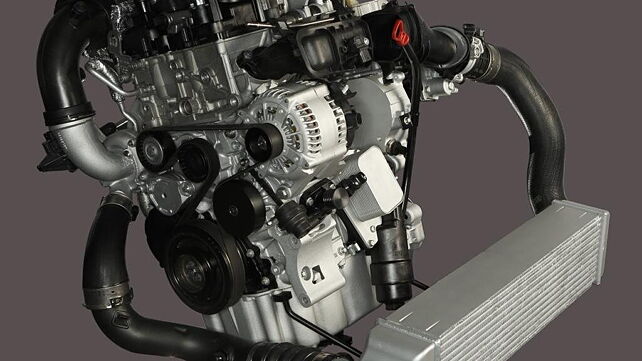
It may sound like the end of the world for driving enthusiasts, but BMW has really announced that it will soon introduce 1.5-litre, three-cylinder petrol and diesel powerplants to power its new front-drive cars, beginning with the new Mini. The good news is that maximum power output will be 181bhp for the diesels and 222bhp for the petrols.
Their small size doesn't mean that they won't be packed with technology; the petrols will have variable load control, direct injection and Valvetronic variable valve control. A surprising amount of common parts will keep costs down: 60 per cent of the components and 40 per cent of the engine structure are identical between the petrol and diesel powertrains.
The petrols will have power outputs from 121bhp to 222bhp, while the diesels will begin at 80bhp and go up to 181bhp. Torque outputs for the diesels will range from 225-330Nm, an ordinary to very good range for the kind of engine.
BMW also says that the engines will sound good, be responsive and efficient as well. As far as the acoustic properties go, the company claims that since the frequency of a three-cylinder's engine note increases 50 per cent quicker than a four-pot, it will give the perception of a very quick-revving engine. After driving a few three-cylinders of our own (admittedly in small hatchbacks) we aren't too sure about that claim, but we're sure that BMW will deliver on its promise.
The engines will be used to power the next-gen Mini Cooper, BMW i8 and 1-series GT with more models to follow.

